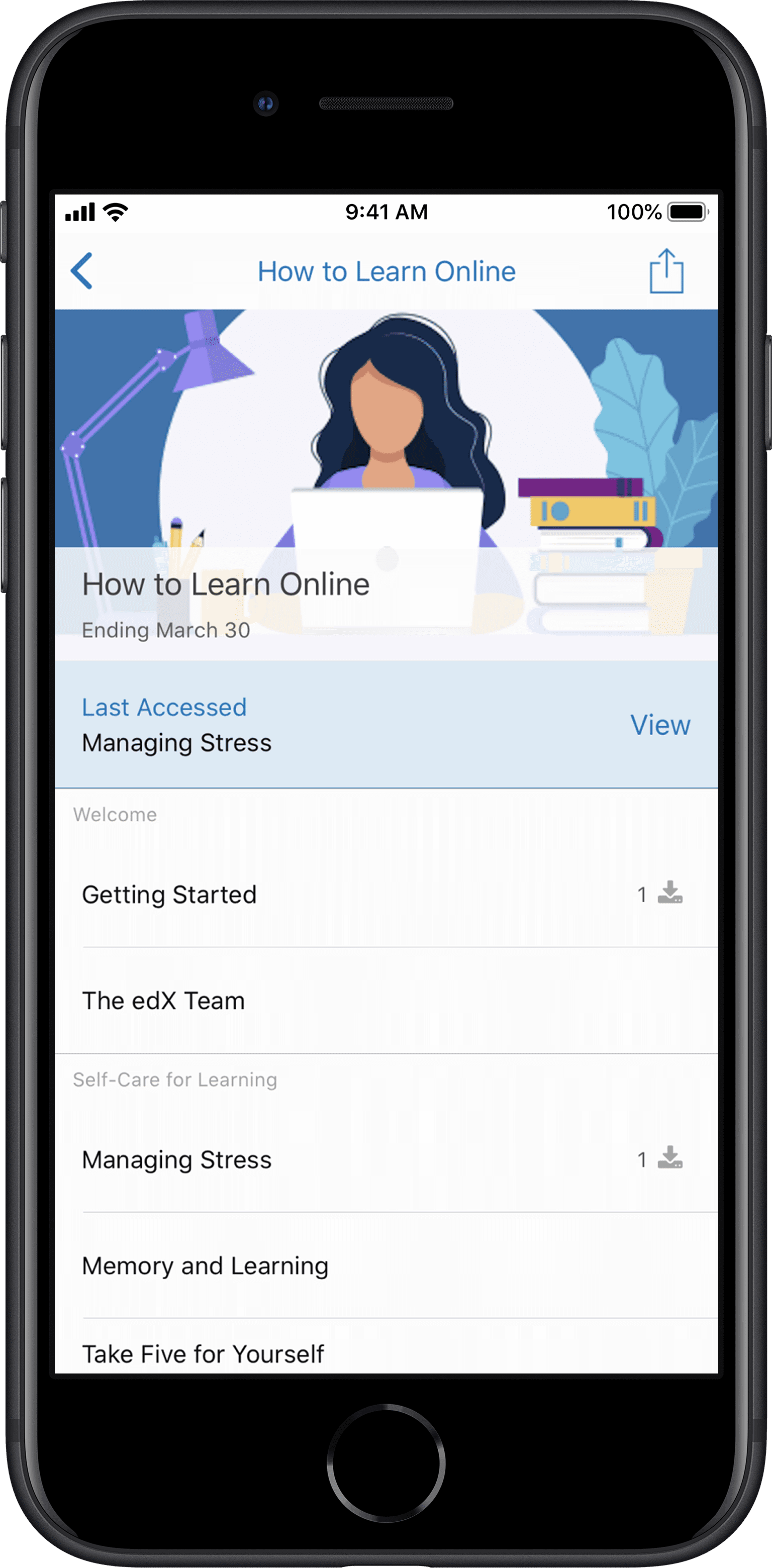Agile Courses
All Subjects > Software Development > Agile
Take free online Agile courses to build your skills and advance your career. Learn Agile with courses from top universities on edX. Join today!
Related topics - Chatbots | Computer Programming | DevOps | Digital Leadership | Front End Web Development | HTML | Product Management | Project Management | Learn Python | R Programming | Remote Work | Web Development
What Is Agile?
In 2001, a group of software developers (Jeff Sutherland, Kent Beck, Alistair Cockburn, Mike Beedle, Martin Fowler, Jim Highsmith, and Ward Cunningham among others) laid out the Agile Manifesto, their vision of better development practices, reversing some commonly held beliefs about management from the 20th century. They prioritized people and interactions over processes and tools, and working software over obsessive documentation. Agile methodologies are a framework for building better products, faster. It's a style of project management that removes walls between departments and uses face to face interactions to draw on the talents of every team member in a collaborative process that's flexible and iterative. There are different methodologies including arguably the most famous, Scrum. These 4 features are based on that early manifesto for Agile software development: Individuals and interactions over tools and processes. Working software over obsessive documentation. Customer collaboration over contract negotiation. Flexibility over strict planning.
What Are The Benefits of Agile?
Traditional management is top-down. You receive orders from your superiors, and you may not have face to face interactions with other departments. That creates a clunky process full of false starts and misunderstandings. Competition drives innovation and products are released without a reliable way to measure the likelihood of success. With Agile, cross-functional teams work closely together with free exchanges of information. Software development happens not in a vacuum, but through feedback and iterations overseen by every member of the team. They're flexible and straightforward. Agile teams are self-organizing and can make changes based on that feedback regardless of where the product is in the pipeline without grinding to a halt or having to start from scratch. Agile methodologies, including Scrum, ensure that the products are swiftly viable and lean. There's no red tape to cut through. Each team member is a valuable part of the process and competition is discouraged in favor of collaboration.
Learn Agile
Agile practices have evolved from novelty software development teams to full-scale enterprise solutions that allow organizations to innovate more quickly and at scale. The Scrum or Agile approach has helped some startups build rapid success through these principles. Think the rise of Spotify or the rebranded innovation of Apple.
Agile Certifications And Courses
Learning Agile processes and Agile project management gives you a head start in building a career in tech. Courses that teach you adaptive innovation and feature-driven development put you at the forefront of the way businesses are operating in the 21st century. The University of Maryland offers a professional certification in Agile Management with principles to help your organization stay lean and flexible. You learn the principles of test-driven development and feature-driven development with how to maintain continuous delivery without sacrificing quality. Other more specific options include UC Berkeley's Agile Development with Ruby course and Boston University's course on Driving Innovation through Experimentation (an Agile project example). You can even learn more specific Agile methodologies including Scrum through the University of Maryland.



